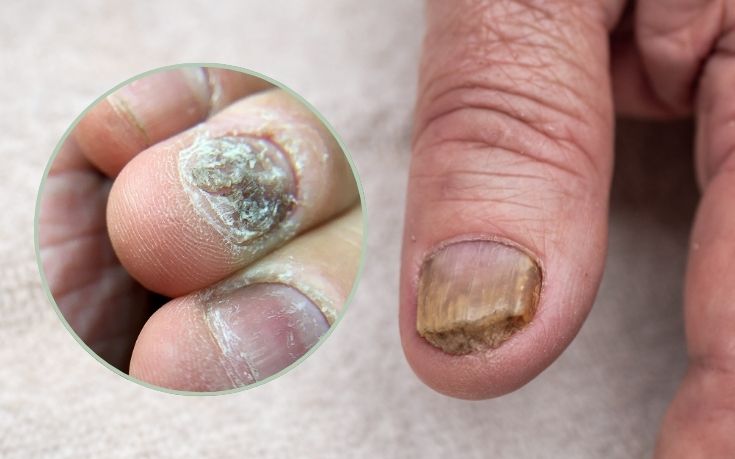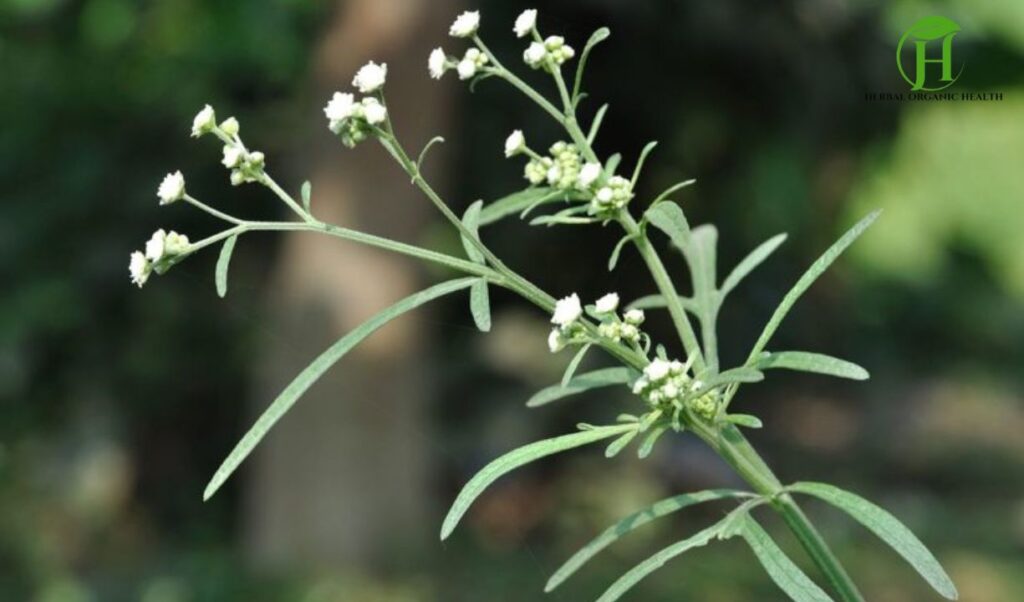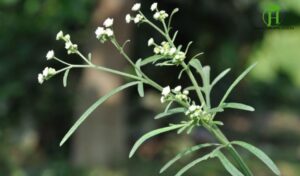Stay dry, that’s the way to health as the monsoon season arrives. Since high humidity offers excellent growth conditions for fungi, the chances of infection by them are higher during this period. Keep dry: Bring in tips to prevent fungal infections, and you are set for a delightful monsoon season. At the first opportunity, dry well after getting wet in the rain. Keep extra attention on your feet and wear open-toe or waterproof shoes to keep them dry and free from fungi. Wear loose, sweat-absorbing clothing and change in case the clothes get soaked with water.
Observing good hygiene, including washing hands frequently, toilet hygiene, and good ventilation in the living space will further avoid the possibility of growth of the fungus. Sharing things like towels or clothes should be avoided to stop infections from person-to-person transmission. Finally, antifungal powder applied to vulnerable locations places acts as an added protection against these infections.
Tips to Prevent Fungal Infections
First and foremost, keep yourself and the environment around you dry during the monsoon. Dry yourself well after getting drenched in the rains, for a damp environment is the one inhabited by fungi. Most importantly, it is your feet that prominently fall prey to such attacks; always wear open-toed or waterproof footwear, and change your socks if they get wet. Wear wicking and quick-drying fabrics to prevent fungal growth on clothing. Practice good personal hygiene; wash hands as often as possible and take showers more often to limit your exposure to fungi. Keep living spaces well-ventilated to limit the amount of moisture in the indoor air. Avoid sharing personal items, like towels or clothing because this will spread infections, and sprinkle antifungal powders in places that are more likely to be moist and thus free of fungi. These are a few simple yet effective tips that can, to a great extent, lessen the risk of fungal infections during the rainy season.
Understanding Fungal Infections
Most of fungal infections are caused by fungi that grow best in warm and damp environments; hence, monsoons provide the best breeding ground for these microorganisms. The most common fungal infections are Candida, tinea pedis or Athlete’s foot, tinea cruris or jock itch, and tinea corporis or ringworm. Symptoms usually include itching, redness, and a rash. In severe cases, they can cause blisters and cracks in the skin.
Keep Your Feet Dry
Since the wet socks and shoes of the rainy season mostly remain that way, they easily transform into a completely alien-loving environment for fungi to flourish in, catering to all their needs, and making the feet vulnerable to their attacks. So, take good care that your feet are dry all the time. Replace wet socks without delay by wearing moisture-wicking material. Apply talcum or antifungal powder on your feet if you sweat excessively. Wear open-toed footwear or sandals to let the air in whenever possible.
Wear Breathable Clothing
The kind of clothes one wears is very instrumental in developing fungal infections. Tight, non-porous apparel retains sweat and moisture in the skin to offer a good environment for fungi to multiply. Wear loose-fitting clothes that are made from breathable fabrics like cotton and help your skin be dry. Avoid synthetic materials since they trap a lot of heat and moisture. Change to dry clothes regularly, especially after exercising or working out to minimize the risk of infection.
Maintain Personal Hygiene
Good personal hygiene is primary in preventing fungal infections. Showers must form a part of your routine, and showering after every rain should be mandatory. Dry yourself properly, particularly between the toes, underarms, groin, and other areas where moisture tends to collect. An antifungal soap or body wash would also help in this matter. Keeping the skin clean and dry is the first defense against infections.
Boost Your Immune System
A good and healthy immune system helps your body fight infections better. Take immune-boosting foods in your diet during the monsoon, such as fruits, vegetables, and whole grains. Vitamin C-rich food like citrus fruits may elevate your immune response. Probiotics in yogurt and fermented foods may help you maintain a good immune system. Keeping well-hydrated is equally important for you; hence, drink plenty of water to keep your body functioning at best.
Keep Your Things to Yourself
Direct contact with contaminated items is how most fungal infections spread. This means you should not share towels, socks, shoes, or clothing. Make sure that you have your own set of towels and washcloths, which you wash frequently. However, if there is someone in your household with a fungal infection, be extra careful about disinfecting shared areas and laundry.
Tips to Prevent Fungal Infections : Use Antifungal Products
If you are susceptible to fungal infection, use some of the over-the-counter antifungal products. Keeping the skin dry with antifungal dusting powders, creams, and sprays will prevent the multiplying of fungi. Apply these creams or powders liberally in those parts of your body that are more prone to sweat, like your feet, groin area, and underarms. Follow the instructions for the best results.
Keep Your Environment Clean
The environment can contribute to minimizing the chance of a fungal infection if it is kept clean. Make sure that your living spaces are thoroughly ventilated and dry. If need be, then do use a dehumidifier to bring down the moisture at your home. Clean and disinfect regularly where many people touch. After taking showers, go ahead and squeegee the water out so that there will be no excess water in the bathroom. Clean the shower mats and curtains frequently to avoid growth and mold.
Wear Proper Footwear
This is the time when extra care for footwear is most needed. Waterproof shoes can help in keeping feet dry, especially when you need to walk in the rain. Do not wear the same pair every day. Give them a breathing period—allow them to dry out completely. Rotate pairs to prevent excessive moisture accumulation. If your shoes soak, fill them with newspaper to remove moisture and set them to dry fast.
Be Aware of the Symptoms
Be able to recognize the symptoms of fungal infections to enable early detection and treatment. Common symptoms will include itching, redness, and the presence of a spreading rash. If you see something unusual on your skin, seek help from a healthcare professional promptly. Early treatment may not only prevent the infection from getting worse but also from further spreading to other places.
Enjoy Monsoon, Safely
These are the days of rejuvenating rains and cooler climates. Hence, it is time to enjoy, though one should never forget to take care of the prevention of fungal infections. These tips protect an individual against infections to get the maximum enjoyment out of this monsoon season. Just keep your skin dry; maintain good hygiene, boost up your immunity, and remain updated about the symptoms. With these precautions, one can embrace the monsoon safely and healthily.











